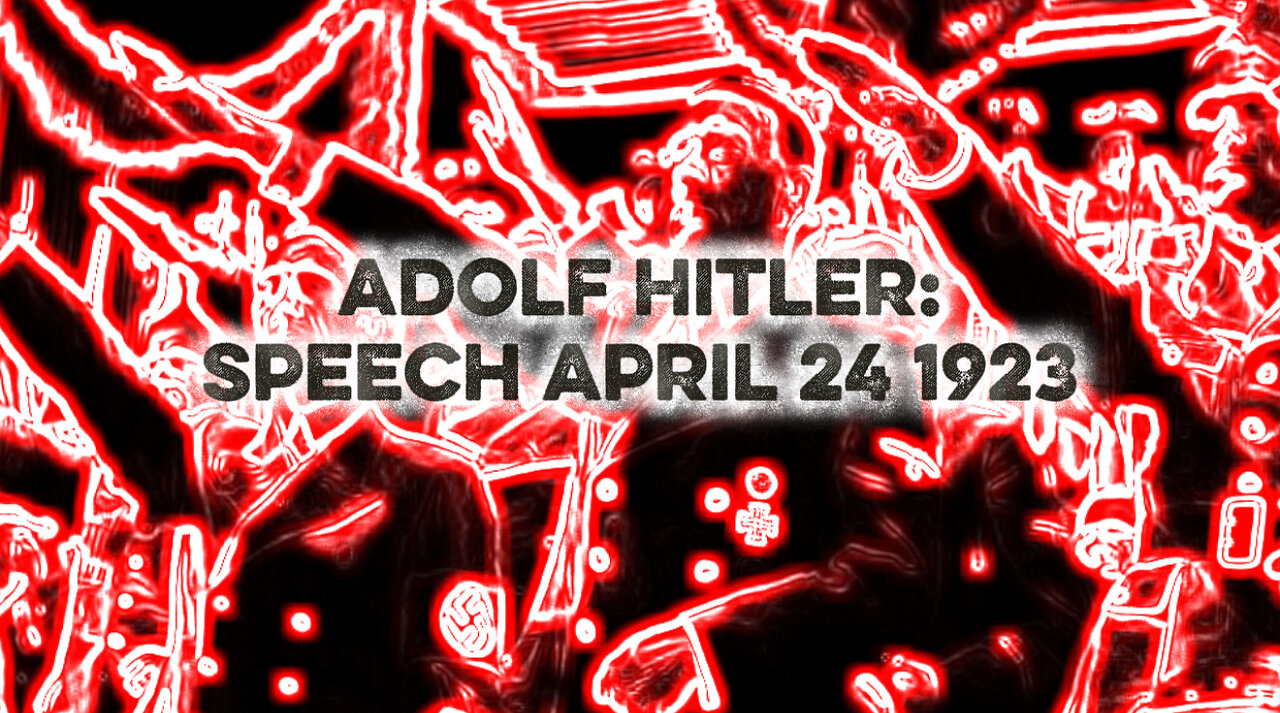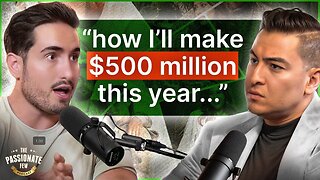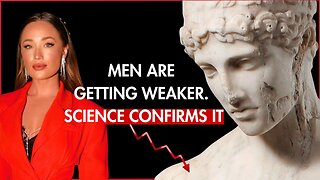Premium Only Content

Adolf Hitler Speech: April 24 1923
1) Framing: Class labels as a tool of division
Rejects the terms “proletariat” and “bourgeois,” claiming Jews coined them to split manual and intellectual workers and weaponize the masses against the nation-state.
2) “Judaized” economy narrative
Says business was depersonalized/speculative (no longer “Aryan” work), separating master and man.
Claims the same Jewish leaders who fostered class division then led workers against the remaining independent national economy.
3) Blame on the bourgeois elite
Accuses the bourgeoisie of “blindness,” pride, and neglect of workers’ welfare, which allegedly let Jews lead German workers.
Argues the masses wouldn’t have been alienated if elites had shown care.
4) Right vs. Left
Right-wing parties: “no will/courage/energy,” obsessed with office; useless for national liberation.
Left/Communists: possess energy but use it to ruin Germany; substitute party discipline for state discipline, creating a “state within the state” and aiding foreign powers—presented as a result of Marxism.
5) Source of national strength
Strength lies in the great masses (workers’ hand, brain, will), not salon politics.
Calls for a leader to awaken that slumbering energy; liberation “from below,” not from elites.
6) People’s-state ideal: work-based citizenship
Envisions a state that rewards productive activity; “he who refuses honest work” should not be a citizen.
Capital must serve the state, not rule it; the state must avoid dependence on international loan capital.
7) Social promise
If only workers are citizens, they are owed old-age security (“kept free from care and want”)—portrayed as the greatest social achievement.
Justifies making the “highest demands” now to return freedom and international respect later.
8) Rhetorical posture
Denounces bourgeois parties as cowards when “heroes” are needed.
Positions National Socialism as the only movement able to mobilize workers to regain the Reich.
-
 1:11:16
1:11:16
omarelattar
5 days agoHow I Went From Depressed w/ $0 To $500 Million Per Year In My 20's (COMFRT CEO Hudson Leogrande)
17.1K -
 24:45
24:45
Blabbering Collector
2 days agoUnboxing The 2025 Diagon Alley Advent Calendar By Carat Shop | Harry Potter
26.1K4 -
 LIVE
LIVE
Lofi Girl
3 years agolofi hip hop radio 📚 - beats to relax/study to
566 watching -
 9:48
9:48
MetatronCore
2 days agoHasan Piker ULTIMATE Crash Out!
3.16K1 -
 3:33:47
3:33:47
Nerdrotic
10 hours ago $16.07 earnedNerdrotic At Night 541
179K3 -
 1:22:35
1:22:35
Man in America
11 hours agoThe DISTURBING Truth About Child Protection Services w/ Ryan Matta
82.1K29 -
 14:16
14:16
Robbi On The Record
15 hours ago $23.07 earnedThe Collapse of Masculinity: What Happened to Men?
36.7K34 -
 2:32:07
2:32:07
Side Scrollers Podcast
9 hours agoSPECIAL OCCASSION: ADMITTING THE TRUTH...
113K6 -
 3:26:18
3:26:18
Barry Cunningham
10 hours agoLIVE FROM THE RED CARPET: President Trump Melania Trump, Sylvester Stallone, KISS And Others
76.9K14 -
 7:37:49
7:37:49
SpartakusLIVE
10 hours agoEarly ARC Stream for EXPEDITION Prep || WZ Buybacks LATER
52K1